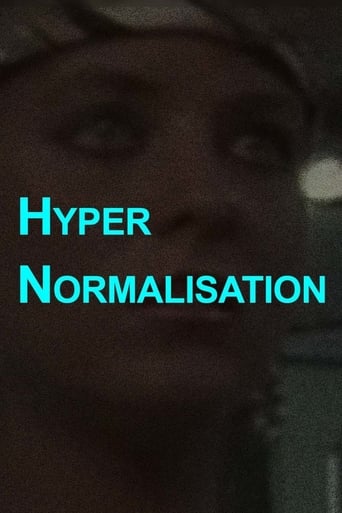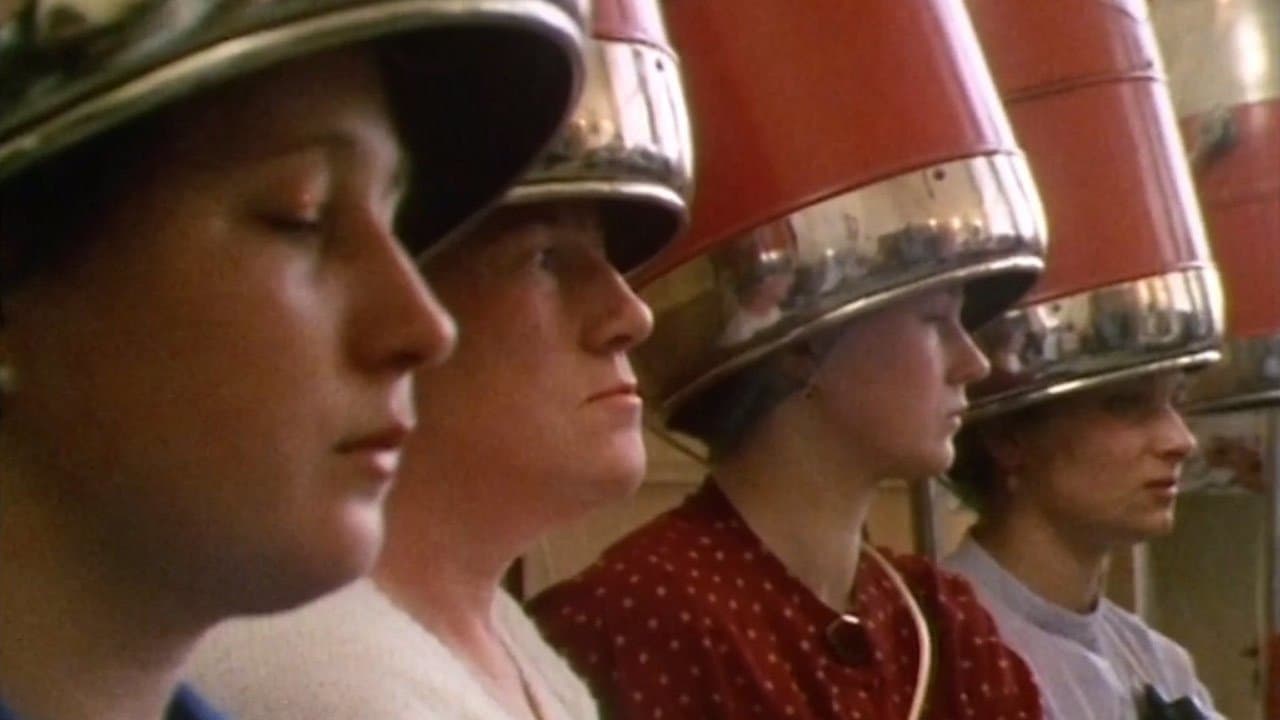Five legged dog
HyperNormalisation is both fascinating and hard to watch. Its format is more like a postmodern art film: there's a stream of archive news interspersed with interviews and close-up footage and repeated frames. It features disturbingly violent scenes. There's a voice-over and sometimes on-screen text. It's busy and frantic, and it keeps coming at you like a battering ram. It's also very long - and yet it's also very easy to watch. It draws you in and keeps you there, horrified but hypnotized. It's strange to think a documentary about deeply contentious political issues could be so compelling, and yet Curtis pulls it off.This film alone can't explain the Middle East situation or life under the corporate thumb, but it provides enough detail and curiosity to make you want to verify the details for yourself - and that's exactly as it should be. It pulls no punches naming and shaming a politicians, bankers, advertisers, strategists and war mongers on all sides. Curtis' aim is to unpick our culture of 'hypernormalisation' - in which nothing seems real anymore, because it isn't (it's carefully orchestrated or controlled, even when it appears to be chaotic). It's an anti-propaganda film, similar in approach to Noam Chomsky or even Michael Moore, and it burrows to the heart of everything that makes our society seem at times so sick and hopeless. It's brutal, but in the most useful way.
muzzieoz
*SPOILER ALERT* First off, I would start by saying I am generally a huge fan of Mr Curtis' work; The Century of the Self series was brilliant and The Mayfair Set almost as good. However, HyperNormalisation is quite different.Mr Curtis covers a lot of different topics in this film. He starts with New York's near bankruptcy in the 1970's and the bankers effectively dictating to the politicians what cuts to make to public services, before briefly mentioning the hippies of the 1960's and their giving up on trying to change the world in the 1970's, before jumping off to talk about Syria in the 1970's. This is common throughout the film. Mr Curtis talks about one particular topic, make a few points then jumps off to talk about another, seemingly completely unrelated topic.When you watch HyperNormalisation you find yourself asking, "Are you making an argument or a just suggestion?" and then find you do not have an answer to that question.He covers a lot of different topics. Timothy Leary and LSD in the 1960's, the dawn of so-called "cyberspace" in the 1990's (the internet to you or I), the history of suicide bombings in the Middle East, Lebanon, the Iran-Iraq War, Libya, Colonel Gaddafi, Hamas, (the non-existent) WMD's, the overthrow of Saddam Hussein and Gaddafi, the Arab Spring, Facebook, news-generating algorithms, BlackRock, Soviet science fiction writers, the rise of Trump, it's all there, being jumped to, back and forth.The ending is particularly poor and the point he makes is almost so subtle that you only understand it after mulling it over. He makes his final point by reference to a scene in the film Carrie, which no one will understand unless they have seen the film, and with reference to a tearful women, who oozes condescension, complaining about Brexit. Even then, the point he is making is very vague.In the end, it's all just a bit of a mess. What's sad is that Mr Curtis is trying to explain the world and it's future yet watching HyperNormalisation you are left with the impression that he no longer understands it himself.
Conchuir Mac Siacais
HyperNormalisation: To Trump, or not to Trump? awkwardvoiceblog.wordpress.com/2016/10/19/to-trump-or-not-to-trump/Excerpt: "Democracy is, in fact, Plutocracy, a farce, an anti-democratic system that serves corporate power structures, at the expense of the ninety nine percent. Love, reduced, hallowed out, and in 21st century terms, is tantamount to nothing more than something Facebook users and Instagram users share in cyberspace. Music has become the echo-chamber of decadent values, a place where we can hear, and see, the most narcissistic interpretations of reality reflected back at us in repetitive sounds, and, of course, in images of half naked, half drugged, hammer-licking pop stars. It all smacks of a forgery, hinted at by Curtis, which severely saturates our everyday lives. Yet, do not do despair! Because through this weird and terrible, contradictory barrage of information and images, we occasionally encounter hidden gems, in this instance, the works of Curtis."
JBLOSS
HyperNormalisation is an ambitious attempt to explain how we view and understand the world we live in. We are overwhelmed by data yet become ever more trapped in silos. We struggle to know what is the "truth" whilst sometimes accepting a fake one if it suits our needs or prejudices...that applies to governments as well as the general populace. The film charts the origins of the Syrian crisis, the rise of the banks and corporates, the evolution of politicians becoming managers rather than leaders. It illustrates quite shockingly how forces unleashed by Syria and Iran in the late 70s and early 80s have come back to haunt them. There are numerous strands to this tale which also covers The Donald who has perhaps more than many exploited the increased anger and disillusionment with the world amongst many. The film shows how there is increased tendency to preach to the already converted and how social media amplifies this as it runs on algorithms based on individuals likes and interests. It's hard to summarise effectively but it is thought provoking and is a noble attempt to lift the veil on the world we live in and how it can be manipulated,obscured and presented in a multitude of ways.



 AD
AD




